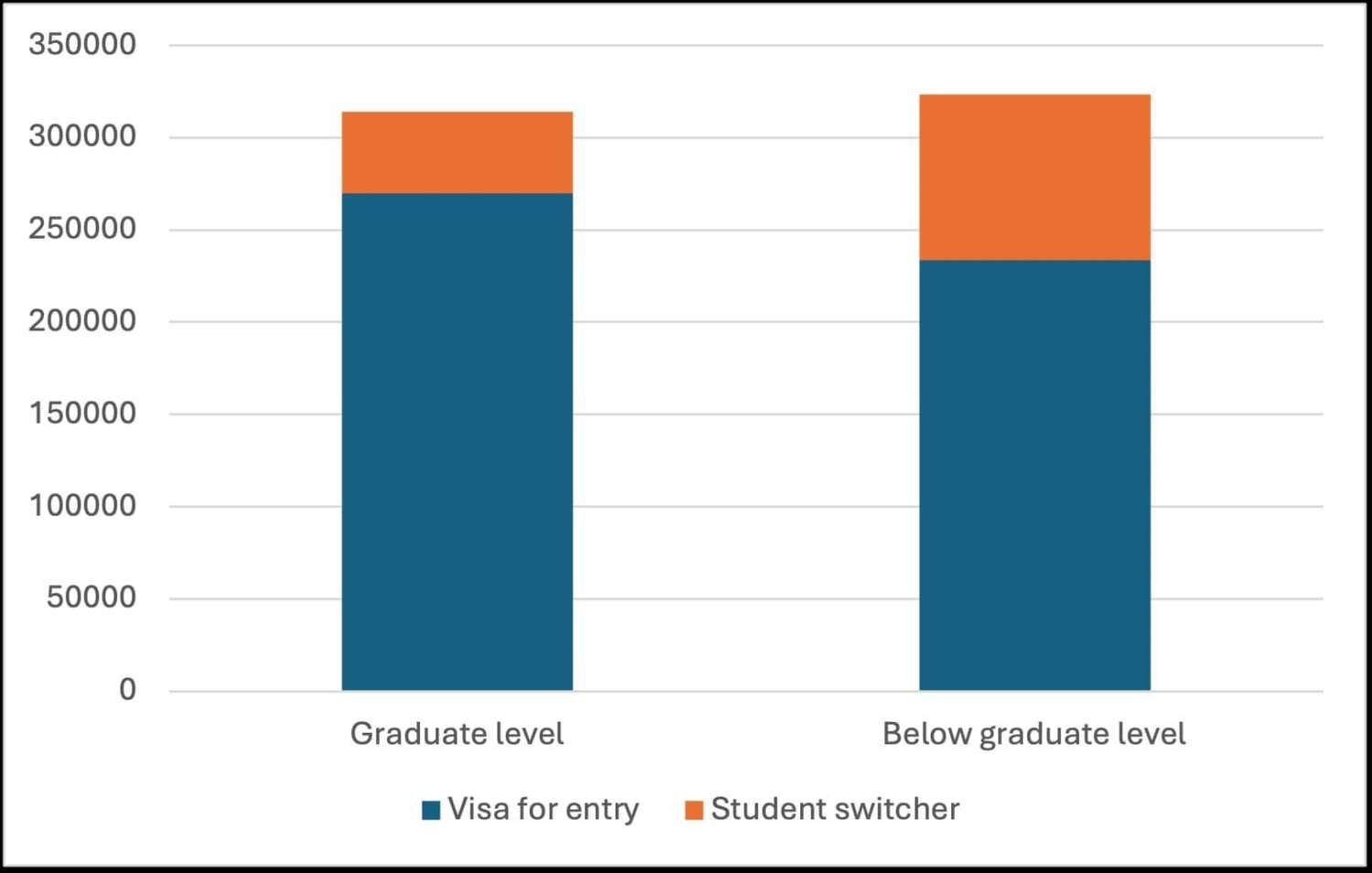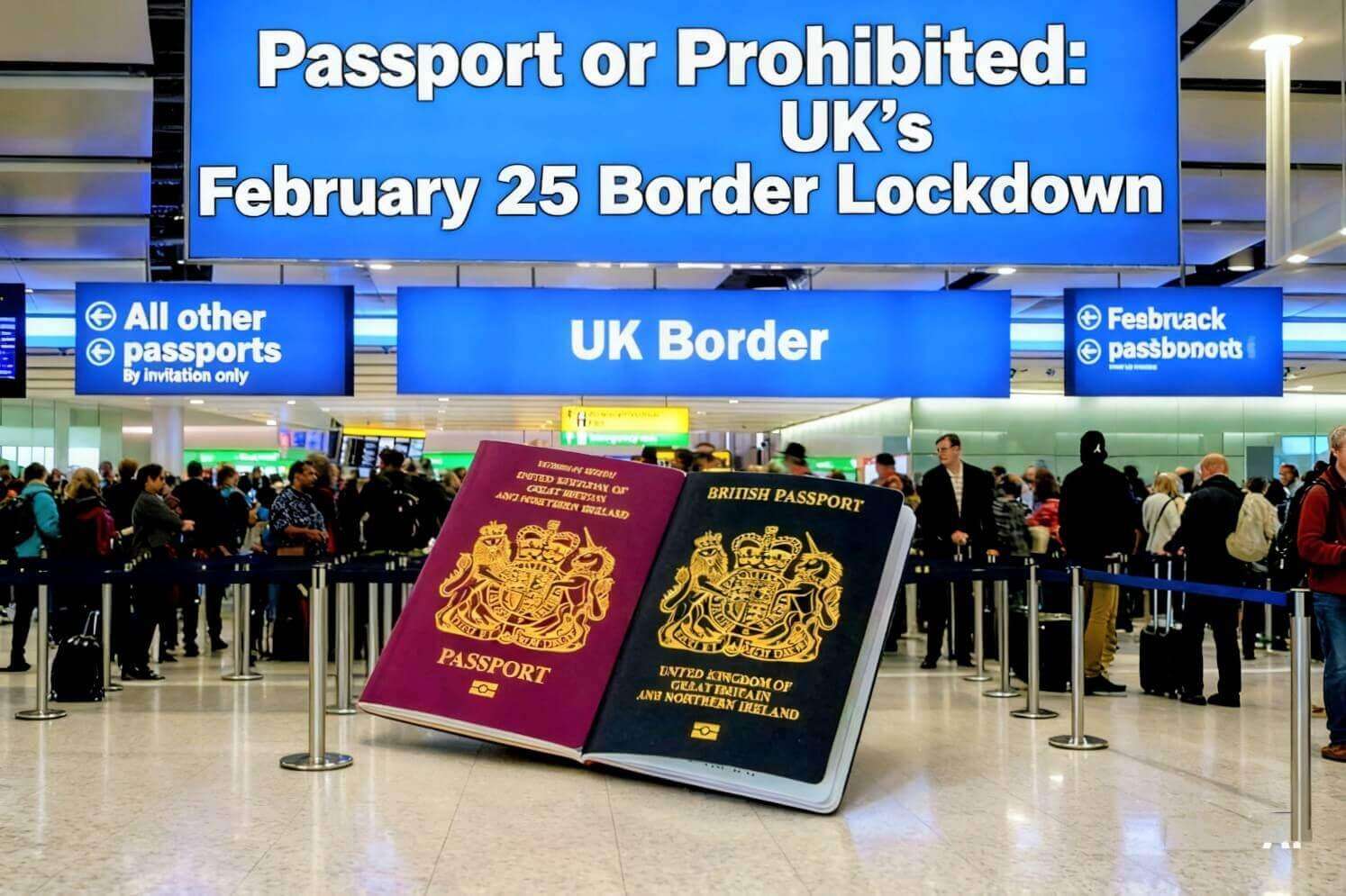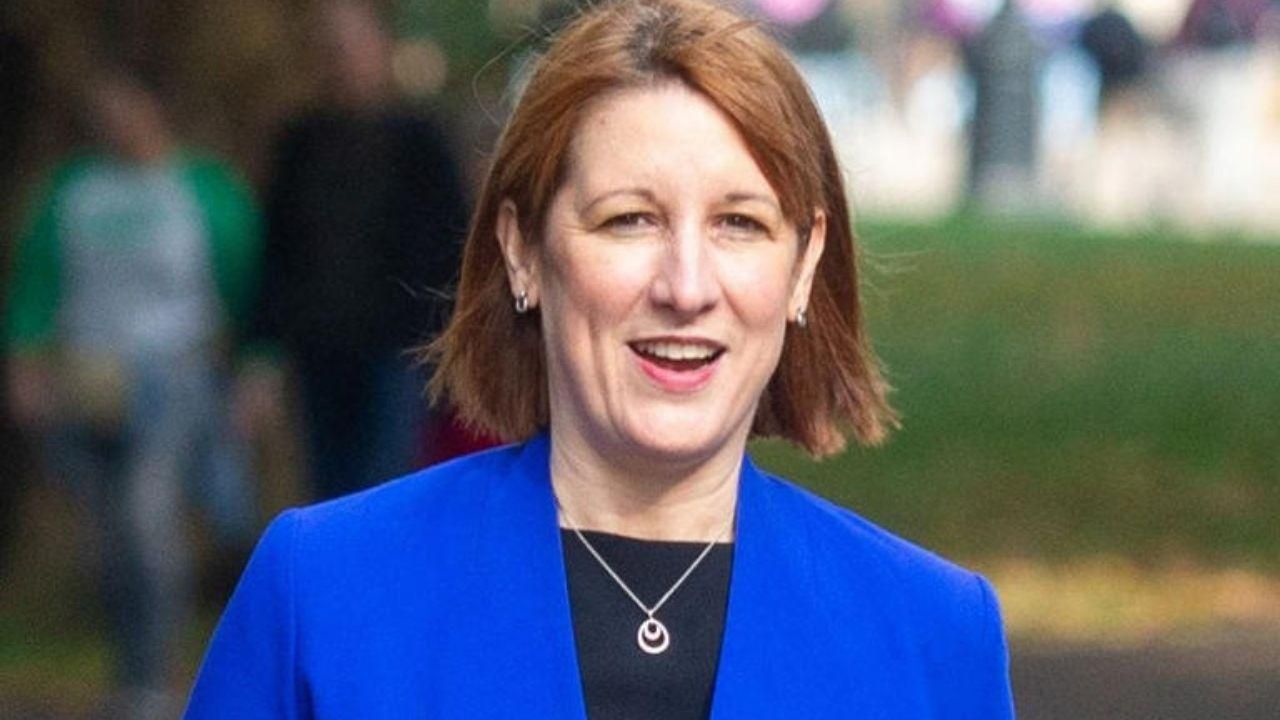According to experts, Rachel Reeves may limit a well-liked exemption that couples use to shield £15 billion in wealth from taxes annually.
Currently, the so-called "spousal exemption" allows spouses to transfer an unlimited amount of assets between themselves without having to pay inheritance tax.
Experts said it is highly likely the Treasury has looked at the spousal exemption ahead of the Budget on October 30.
Spouses used the exemption to transfer £15.5bn worth of assets in 2021-22 whereas the next biggest relief – business property relief – shielded £3bn. This makes it by far the most valuable tax break in estate planning.
However, an academic-led think tank has proposed capping the amount that can be transferred tax-free between spouses at £10m in order to improve the fairness of the inheritance tax system.
This is because the ultra-wealthy can more easily use the exemption to dodge inheritance tax on large assets such as businesses.
The Centre for the Analysis of Taxation (CenTax) wrote: “The main aim of the spouse exemption is arguably to ensure that the surviving spouse does not face any material change in their standard of living as a result of inheritance tax due on the first death.
“Surviving spouses have the opportunity to engage in further tax planning, for example via gifts to heirs or into trust, meaning that the spouse exemption can be used to circumvent inheritance tax altogether.
“Since accrued capital gains are also currently wiped out at death, spouse exemption can result in assets being passed to heirs completely tax-free.”
The exemption was introduced in 1972 to ensure widows and widowers were not faced with huge inheritance tax bills.
Although the main inheritance tax rate is 40pc, many families pay a lower effective tax rate due to the prevalence of tax-free allowances.
According to official figures, a family inheriting an estate worth £3m to £4m pays an average effective tax rate of 25pc. However, a family inheriting a £10m estate pays an even lower rate at 20pc.
This is because the super-rich can make greater use of the tax breaks available – for example, by buying up farmland which benefits from agricultural relief.
CenTax found that the spousal exemption plays a major role in reducing a family’s average effective tax rate, especially for the ultra-wealthy.
Whereas the average effective tax rate is 4 percentage points lower for a family using the spousal exemption, it is 12 percentage points lower if the estate is also worth between £10m and £12.5m.
The researchers estimate the cap would impact fewer than 0.1pc of estates – less than 100 deaths a year – and raise up to £350m in revenue.
Meanwhile, the think tank the Institute for Fiscal Studies has also suggested capping the spousal exemption. “A potential direction for reform could be to cap spouse exemption at a high threshold, and increase the transferable nil-rate band for the survivor by the post-tax amount of assets on which their partner paid inheritance tax,” the think tank said.
In addition, CenTax said the Government could consider capping agricultural relief and business relief at £500,000.
Arun Advani, director of CenTax and associate professor at the University of Warwick, said: “We need to think about how these inheritance tax reliefs interact with each other. If the Government reduces business property relief but leaves agricultural relief, then people will just buy up farmland.”
However, experts warned that a spousal exemption cap could deter wealthy taxpayers from living in the UK.
David Denton, tax expert at investment firm Quilter Cheviot, said: “Placing a cap on the inheritance tax spousal exemption would bring in a very minimal amount of revenue for the Exchequer, but would have the potential to further dissuade high net worth individuals from living in the UK which could have a detrimental impact on the economy.”
Sarah Coles, of stockbroker Hargreaves Lansdown, said: “Setting the cap at £10m might persuade people that it’s not something they need to worry about, but even then, changing a rule that has been around for more than 50 years might worry people that this could be the thin end of the wedge, and a precursor to a tighter cap.”
Inheritance tax is due on the portion of an estate worth more than £325,000 – or £1m if a couple leave their main home to their direct descendants.
This is because the second spouse can inherit their partner’s allowances, which may include the £175,000 residence nil-rate band for homeowners.
The Chancellor is understood to be looking at inheritance tax as part of a £35bn tax raid in next week’s Budget.
Ms Reeves has warned that difficult decisions are needed to plug a £22bn black hole in the public finances. However, the Government has promised not to increase National Insurance, the basic, higher, or additional rates of income tax, or VAT.








.svg)



